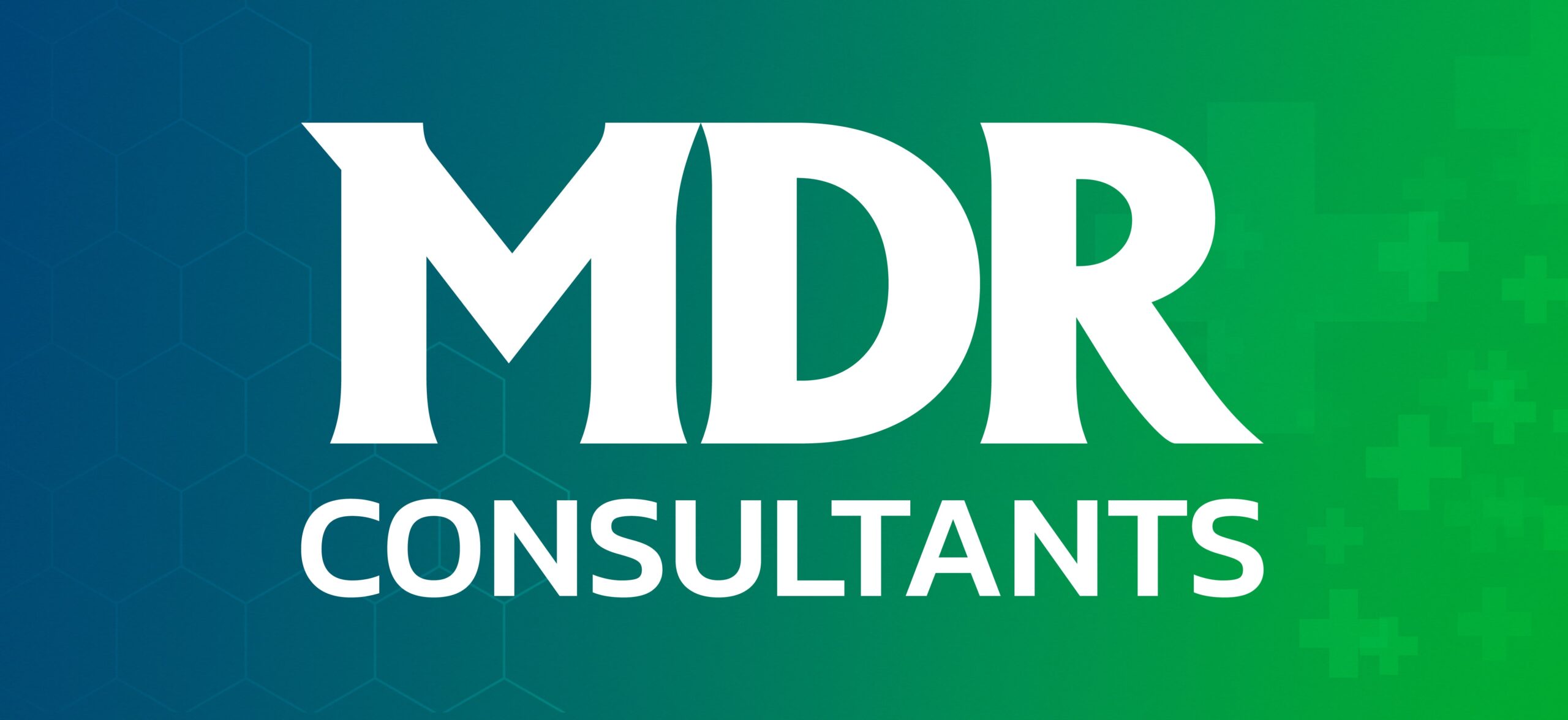Management System Certification is a formal process through which an independent body such as Bureau of Indian Standards (BIS) certifies that an organization’s management systems conform to international ISO standards. These certifications assess how well an organization manages quality, environment, safety, information security, and other critical areas.
Common ISO certifications offered by BIS include:
- ISO 9001 – Quality Management System
- ISO 14001 – Environmental Management System
- ISO 45001 – Occupational Health & Safety Management System
- ISO/IEC 27001 – Information Security Management System
- ISO 22000 – Food Safety Management System
🎯 Who Needs ISO Management System Certification?
This certification is suitable for any organization—manufacturers, service providers, hospitals, schools, logistics companies, IT firms, and government bodies—that aims to systematize operations, improve credibility, or meet compliance requirements.
It is especially relevant for:
- Companies bidding for government tenders
- Exporters needing international recognition
- Businesses seeking standardized internal processes
- Firms required by clients or regulators to prove management compliance
❓ Why is ISO Certification Important?
- Improves Operational Efficiency
Streamlines processes and reduces waste or duplication of work. - Enhances Credibility and Market Access
Globally recognized certification that builds trust with customers and business partners. - Legal and Contractual Compliance
Often required in public and private contracts, particularly in quality-sensitive sectors. - Supports Risk Management
Helps identify and control risks across business functions (quality, safety, data security). - Encourages Continuous Improvement
Regular audits drive organizations to evaluate and upgrade their systems.
🧾 Procedure for ISO Management System Certification
- Gap Analysis / Pre-Assessment
Review existing systems against the selected ISO standard to identify compliance gaps. - Documentation and Implementation
Prepare required documents such as policy statements, standard operating procedures (SOPs), manuals, and records. Implement processes as per the standard. - Internal Audit
Conduct an internal audit to verify readiness and address any non-conformities. - Application to BIS or Other Certification Body
Submit application with supporting documents and pay the applicable fee. - Stage 1 Audit (Documentation Review)
The certification body reviews all submitted documents for conformity. - Stage 2 Audit (On-Site Audit)
Auditors visit the premises to verify implementation, interview staff, and evaluate compliance. - Grant of Certificate
If the audit is successful, the organization is issued an ISO Certificate valid for three years (subject to surveillance audits).
📋 Documents Required for ISO Certification
- Company Registration Certificate
- Organizational Chart
- Management System Manual
- Quality/Environmental/Safety Policies (as per standard)
- Objectives & Targets (KPI tracking)
- SOPs for key processes
- Records of internal audits and management reviews
- Risk assessment documents
- Employee training records
- Complaint and corrective action logs
🕒 Processing Timeline
The typical timeline to achieve ISO Management System Certification is 6 to 8 weeks. The initial gap analysis and documentation phase usually takes 2 to 3 weeks, depending on the existing systems in place. Once implementation is done and internal audits are complete, the organization proceeds to Stage 1 (documentation) and Stage 2 (on-site) audits, which may take another 2 to 3 weeks. After successful completion of audits and closure of any non-conformities, the ISO certificate is issued within 1 to 2 weeks.
🧩 How MDR Consultants Help Clients in ISO Certification
📌 1. Standard Selection & Gap Analysis
MDR Consultants help clients select the most appropriate ISO standard based on their industry and business goals. They conduct a thorough pre-assessment to identify gaps between the existing system and ISO requirements.
📄 2. Documentation Development
MDR Consultants draft all necessary documents—manuals, SOPs, policies, forms—tailored to the client’s operations. This ensures full compliance and audit readiness.
🏭 3. System Implementation & Training
They assist in implementing new processes, training staff, and setting up internal controls. This prepares the team for actual operations and audit interviews.
🧾 4. Internal Audit Support
They conduct or support mock internal audits, guide on non-conformity correction, and help in building a sustainable audit response system.
🧠 5. BIS Application & Certification Liaison
MDR Consultants manage the application process, schedule audits with BIS or other certifying bodies, and coordinate with auditors throughout the process.
📊 6. Post-Certification Maintenance
They help maintain compliance through ongoing surveillance audits, documentation updates, and ensure clients remain audit-ready throughout the certification cycle.
ISO Management System Certification is a strategic tool for enhancing quality, compliance, and international competitiveness. With the expertise and support of MDR Consultants, businesses can achieve certification smoothly, efficiently, and with long-term sustainability.
